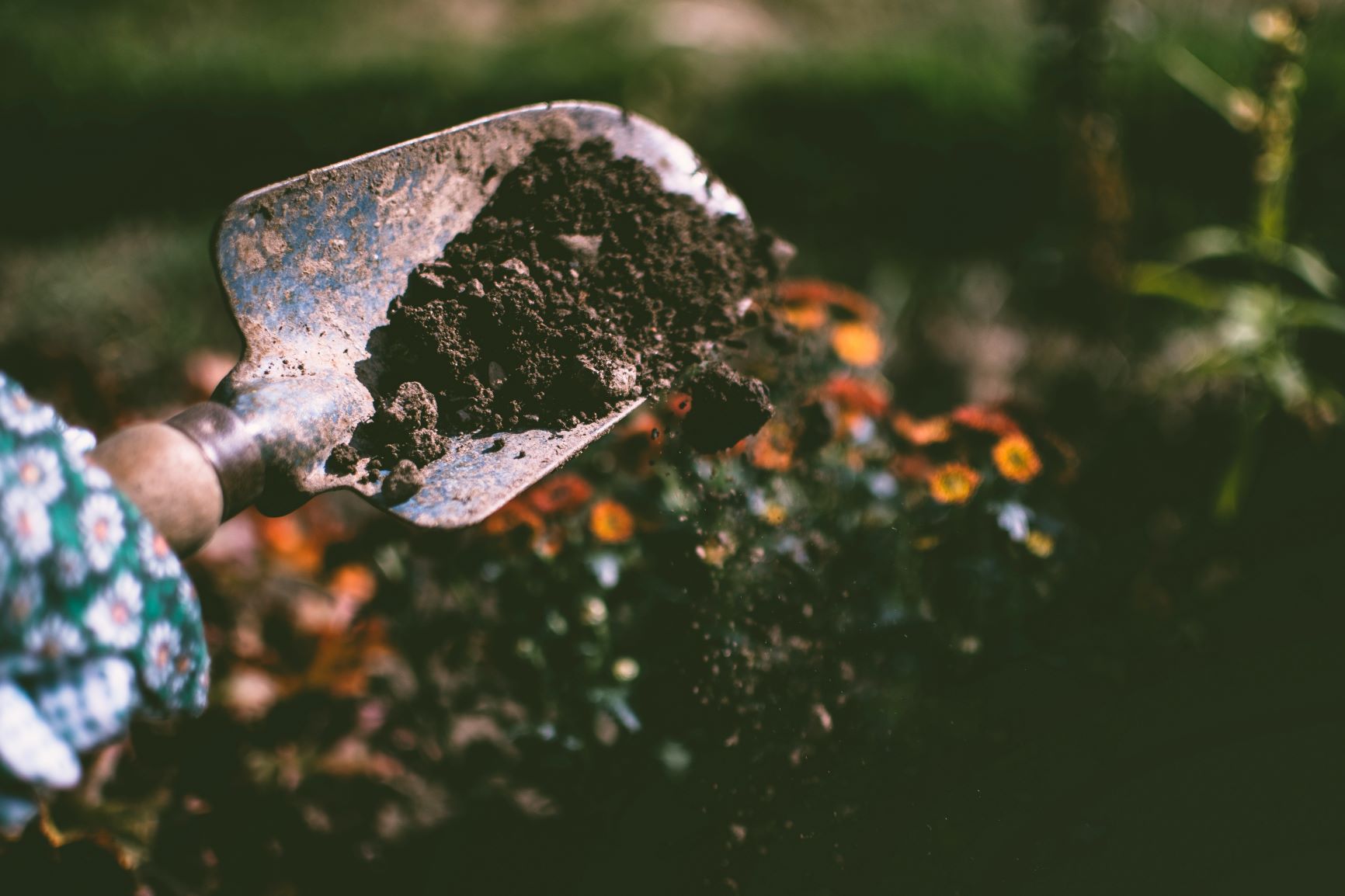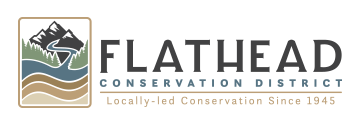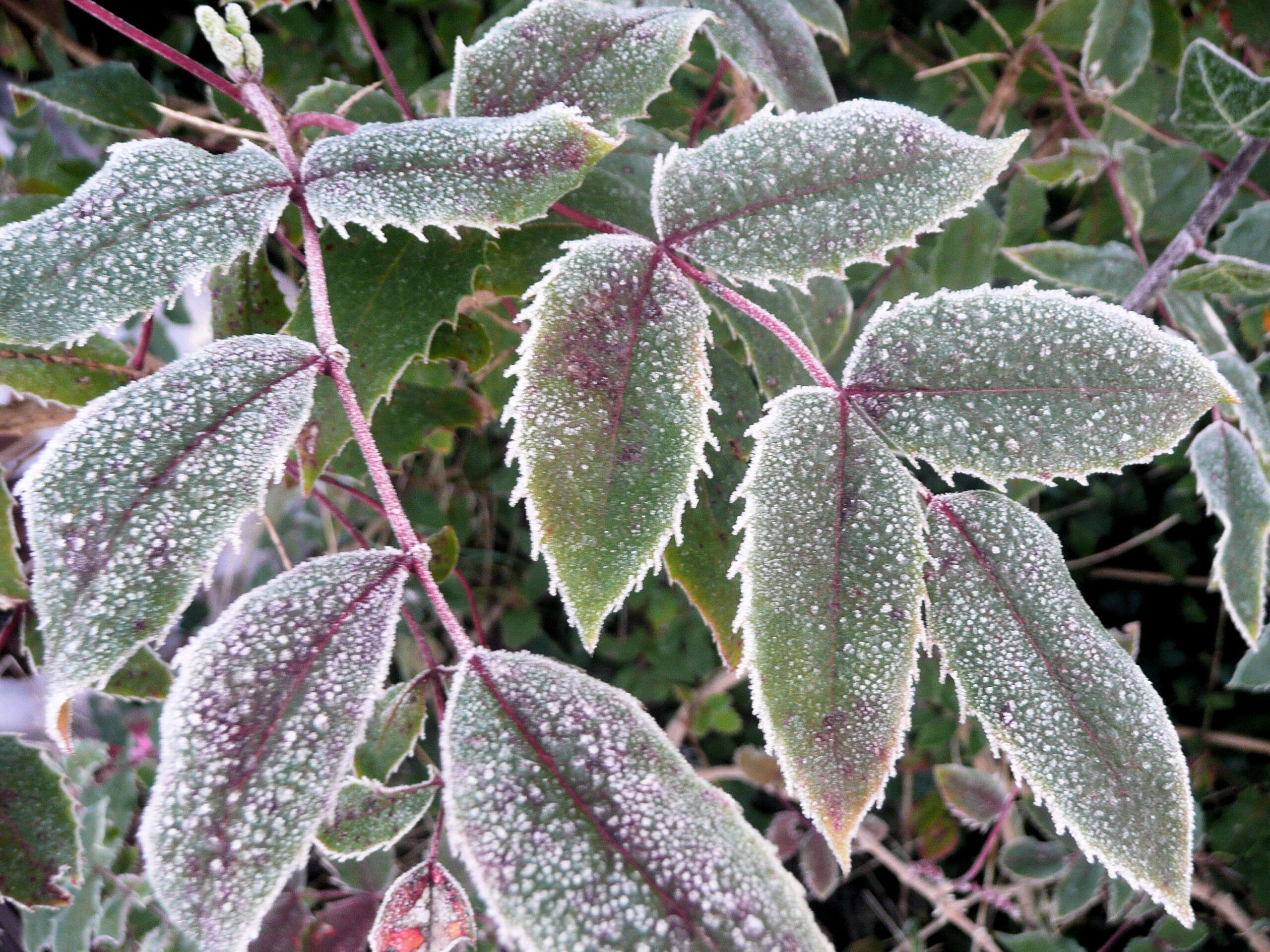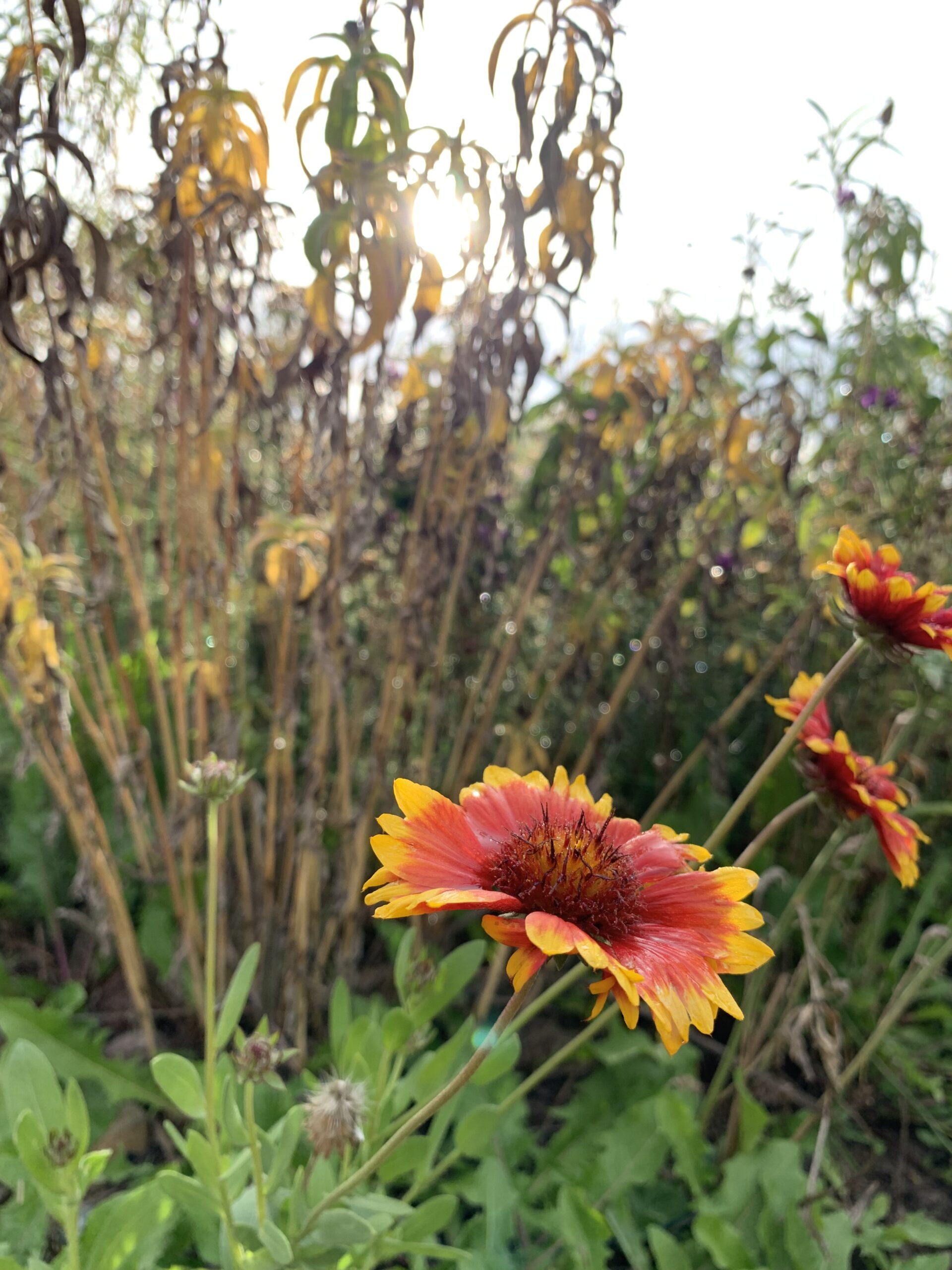By Jessie Walthers, Conservation Program Manager Groundhog Day. Who doesn’t love this most random of…

Why You Should Test Your Soil This Spring
Do you know what’s in your soil and if it’s healthy? Do you know all about its physical, chemical, and biological properties? There’s more to soil than just dirt and knowing what’s in yours can help you grow a more bountiful crop, select the best species, apply the right soil amendments or fertilizer, and water appropriately.
Here’s a few things testing your soil can tell you:
- pH – how acidic or basic your soil is which can affect nutrient availability and species selection
- Nitrogen content – how much nitrogen is available for plant uptake
- Organic matter – affects the nutrient reserves available in the soil
- CEC (Cation Exchange Capacity) – the soil’s ability to maintain cationic nutrients such as calcium, magnesium, and potassium
Testing your soil is generally a pretty easy process. CHS in Kalispell has a soil probe lending program. You use the soil probe to collect a representative soil sample. If you have a small, homogeneous area, one sample will do. If you have a large area, or your area varies greatly in slope, sun, water, etc., you can take multiple samples, mix them together in a clean bucket, and use a portion of the soil as your representative sample.
It’s best if you don’t delay between collecting the soil and having it tested, so plan accordingly. Once you’ve collected your soil sample take it (and the borrowed soil probe) to CHS for testing. They’ll send it to the lab for you and once your results are in, they can help you understand what they mean and what steps to take next. The cost of soil testing varies by the amount of detail you’re seeking, but generally is under $85. For more information about CHS soil testing, the Agronomy department in Kalispell can be reached at (406) 755-7404.
If you’re more a do-it-yourself person, basic kits can be purchased at most hardware stores. However, these kits will not be as detailed and you will have to interpret the results yourself.



